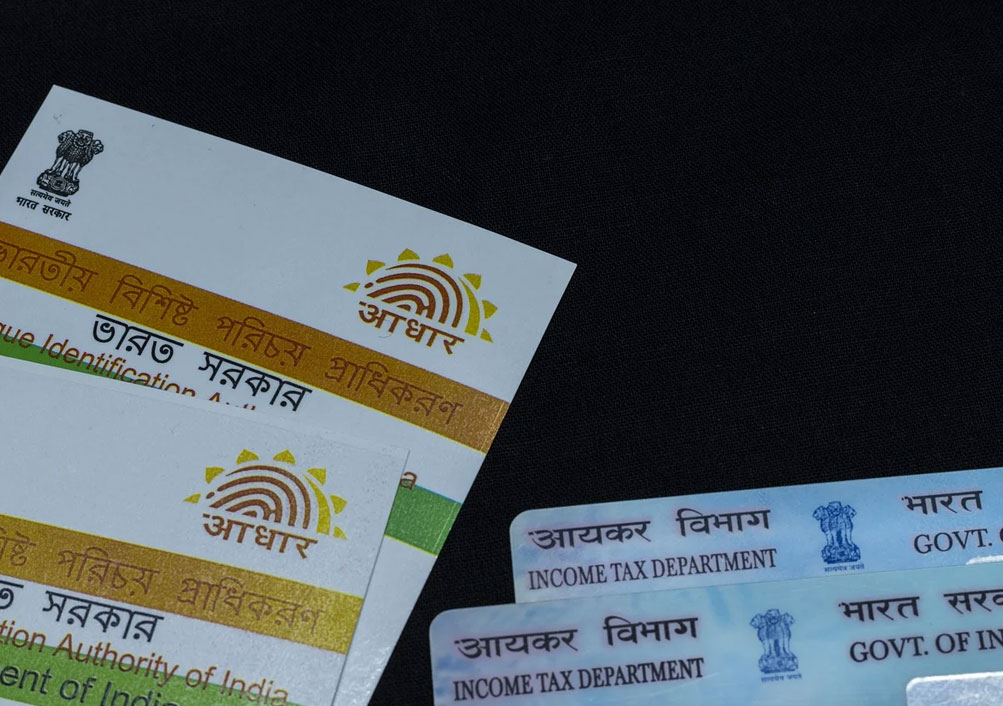In BAIL APPL. NO. 7321 OF 2022-KER HC- Aadhaar card is not recognized by Juvenile Justice Act, 2015 as proof of date of birth of accused: Kerala HC
Justice Bechu Kurian Thomas [17-11-2022]

Read Order: SOFIKUL ISLAM vs STATE OF KERALA
Mansimran Kaur
Ernakulam, November 18, 2022: The Kerala High Court has observed that if there is a certificate from the school or the matriculation or equivalent certificate from the examination Board that specifies the date of birth, the said document alone is acceptable as proof of age of the accused under section 94(2)(i) of the Juvenile Justice Act, 2015, who claims to be a child in conflict with the law.
Justice Bechu Kurian Thomas dismissed the instant bail application under section 439 of the Code of Criminal Procedure, 1973, through which the petitioner lamented that he was only 16 years of age and hence ought to be treated only as a child in conflict with law and could not have even been arrested. Petitioner claimed that he should be released on bail forthwith.
The Single Judge bench was of the view that considering the gravity of the offence, the circumstances and the possibility of the accused intimidating the witnesses, including the victim; it was not a fit case where the petitioner could be released on bail, at this juncture.
Petitioner, who stood indicted for the offences under sections 366A, 376 and 376(1) of the Indian Penal Code, 1860, apart from sections 3(a) and 4 of the Protection of Children from Sexual Offences Act 2012, alleged that he was only 16 years in age. The main contention urged was that under the Juvenile Justice (Care and Protection of Children) Act, 2015 (for short ‘the JJ Act of 2015’), petitioner is liable to be treated as a child and therefore, he could not have been arrested.
Coming to the facts of the case, it is relevant to notice that petitioner was the accused in Crime of 2022 of Peerumedu Police Station and was alleged to have committed rape on a victim aged 13 years, after kidnapping her from her mother’s custody.
After considering the submissions, the Court noted that if the age of a person, allegedly a child in conflict with law, is under dispute, the statute, through section 94 of the JJ Act of 2015, mandates that the said child shall be produced before the Juvenile Justice Board. If, on appearance, the Board finds the age of the child doubtful, then the same shall be determined under three modes.
The first mode is by reference to a certificate issued by the school or the matriculation or equivalent certificate, specifying the date of birth of the child. If such a certificate is not available, then the date of birth can be determined by reference to the birth certificate issued by a local authority like a Panchayat, Municipality or Corporation. If both the aforesaid documents are not available, then the age of the child has to be determined on the basis of an ossification test or other latest medical age determination test to be conducted, the Court noted.
However, if such a document is not available, then the document specified in section 94(2)(ii) can be accepted as proof of age. If the above-referred documents are not available, resort can be made to the test contemplated under section 94(2)(iii) of the JJ Act of 2015, noted the Bench while also adding, “The Aadhaar card is not recognized by the JJ Act 2015 as a document of proof of date of birth of an accused under the said Act.”
Coming to the facts of the case, the petitioner, who was already a married man, was alleged to have committed rape on a 13 year old minor. The investigating officer also apprehended the accused absconding from Kerala. He was also alleged to be the neighbour of the victim.
Even though petitioner was arrested on June 3, 2022 and was in detention since then, the Court was thus of the view that considering the gravity of the offence, the circumstances and the possibility of the accused intimidating the witnesses, including the victim, it was not a fit case where the petitioner could be released on bail, at this juncture. In pursuance of such observations, the Bench dismissed the appeal.
Sign up for our weekly newsletter to stay up to date on our product, events featured blog, special offer and all of the exciting things that take place here at Legitquest.




Add a Comment